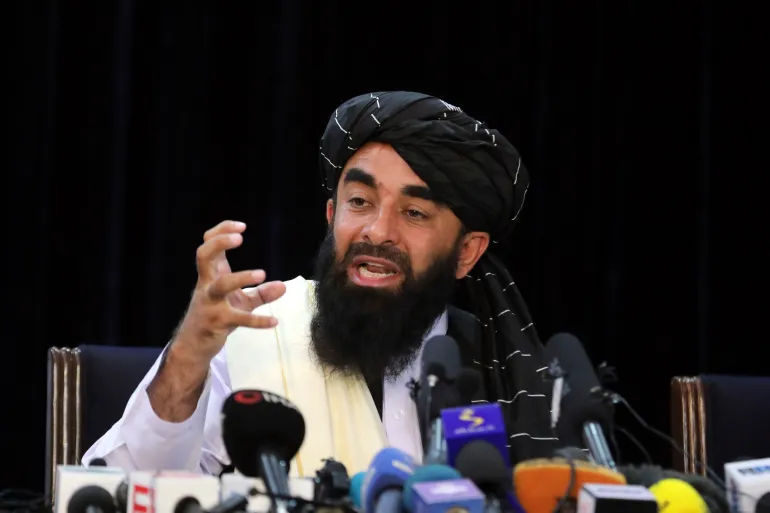KABUL: The Taliban government in Afghanistan has reaffirmed its commitment to engaging with the international community, despite facing criticism for a new morality law that restricts women’s rights. The law, which mandates complete bodily coverage and prohibits women from raising their voices in public, has sparked widespread concern among human rights advocates, UN agencies, and the European Union.
Taliban spokesman Zabihullah Mujahid emphasized the importance of interaction in addressing problems and expanding relations, urging nations and organizations to engage positively with the Taliban authorities. Despite no country recognizing the Taliban government since its takeover in 2021, it has made recent diplomatic strides, including attending UN-hosted talks in Qatar.
The UN Secretary-General’s spokesman, Stephane Dujarric, stated that the UN would continue engaging with all Afghan stakeholders, including the Taliban, while upholding human rights and equality. He encouraged the Taliban to open more avenues for diplomatic engagement.
The Afghan morality ministry has severed cooperation with the UN mission (UNAMA) over criticism of the “Law on the Promotion of Virtue and the Prevention of Vice,” ratified last week. This law enforces strict regulations on various aspects of Afghans’ lives, aligning with the Taliban’s rigid interpretation of Islamic law.
The law has raised alarm among Afghans, countries, human rights advocates, UN agencies, and the EU, prompting warnings from UNAMA head Roza Otunbayeva and the EU that it could hinder cooperation efforts. The Taliban government has consistently dismissed international criticism of its policies, including restrictions on women labeled “gender apartheid” by the UN.
Chief government spokesman Zabihullah Mujahid defended the law as rooted in Islamic teachings, deeming rejection of the law “arrogant.” Deputy spokesman Hamadullah Fitrat reaffirmed the authorities’ commitment to positive interactions with countries and organizations, aligning with Islamic law.


